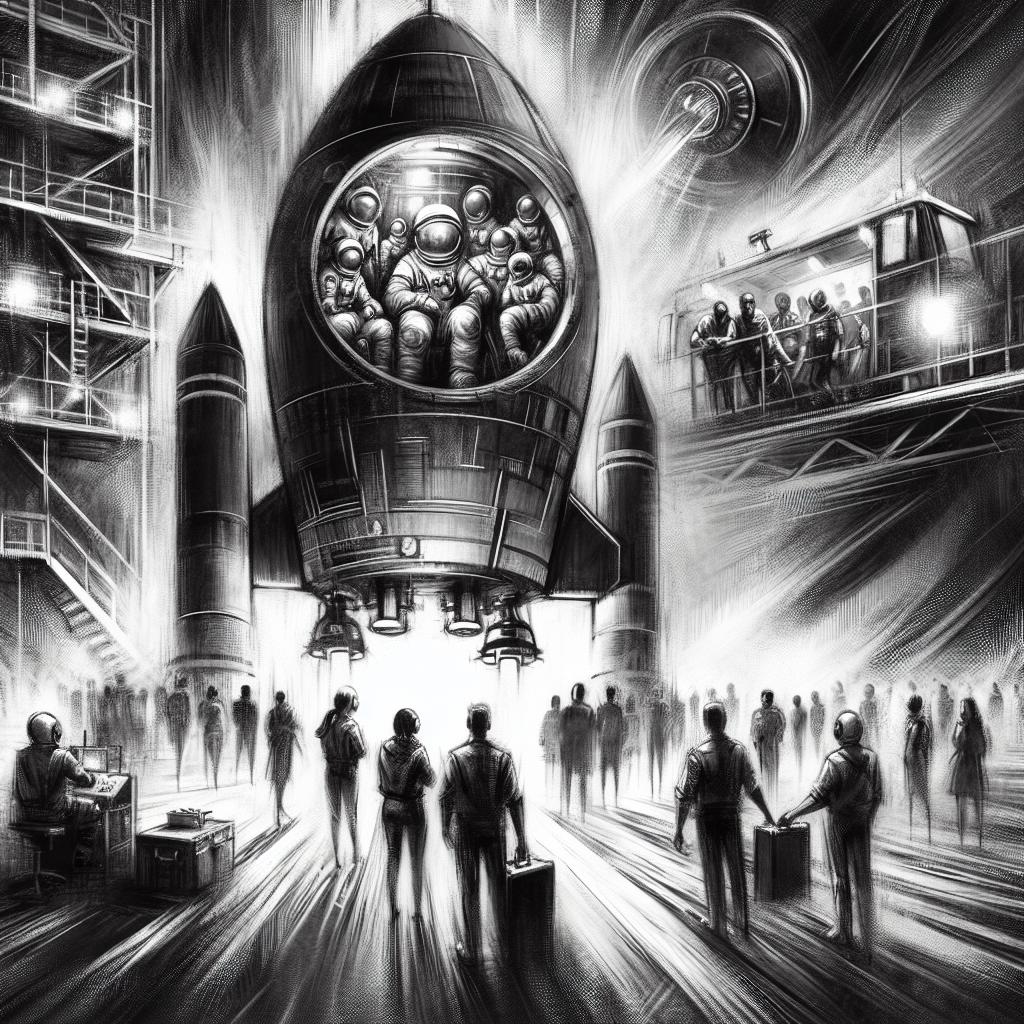The maiden crewed mission of Boeing’s CST-100 Starliner to the International Space Station was thwarted just minutes before its scheduled liftoff on Saturday due to an automatic hold from the ground launch sequencer. Astronauts Butch Wilmore and Suni Williams were ready aboard the spacecraft when the countdown was abruptly stopped, caused by a slower-than-expected response from one of the triple-redundant computer systems. This is the second postponement for the mission, which was originally set for May 6 and had been pushed to June 1 due to technical issues including a helium leak in the propulsion system and a valve problem on the Atlas V rocket. The astronauts were safely evacuated and have returned to crew quarters as teams from NASA and Boeing work to identify and resolve the technical problem that led to the launch halt at T-minus 3 minutes and 50 seconds from Cape Canaveral, Florida. The mission is a pivotal moment for Boeing, as it seeks to join SpaceX in providing commercial crew transport services to the ISS. While a new launch date has not been confirmed, NASA has suggested potential windows on June 5 and June 6, dependent on a swift resolution to the current impediment. The Starliner program, which completed a successful uncrewed test flight to the ISS in May 2022, has faced a series of setbacks and is under scrutiny as it attempts to prove its reliability.
Key points
- Boeing’s CST-100 Starliner’s first crewed flight to the ISS was canceled minutes before launch due to a technical issue with the ground launch sequencer.
- The mission has been postponed twice, with the original launch date set for May 6.
- Potential new launch dates are June 5 and June 6, pending resolution of the technical issues.
